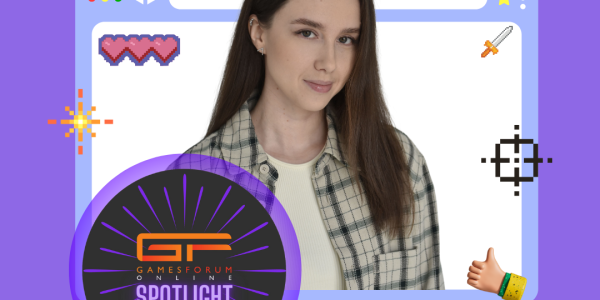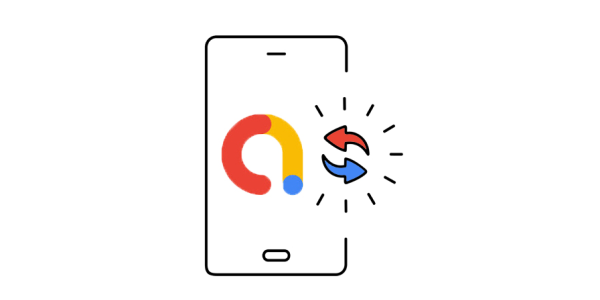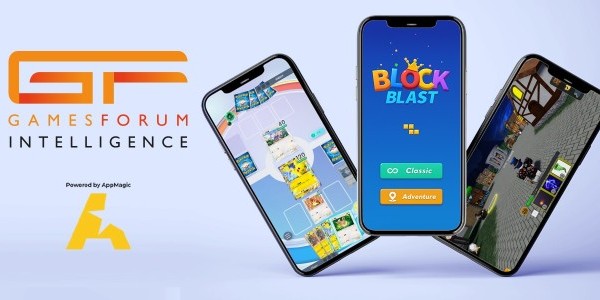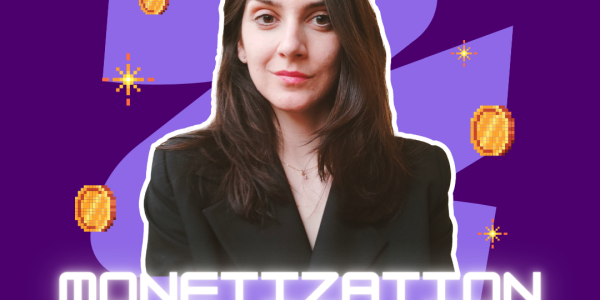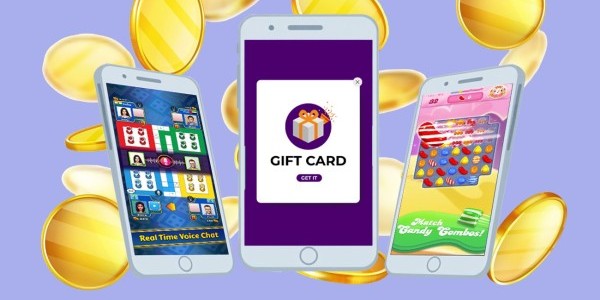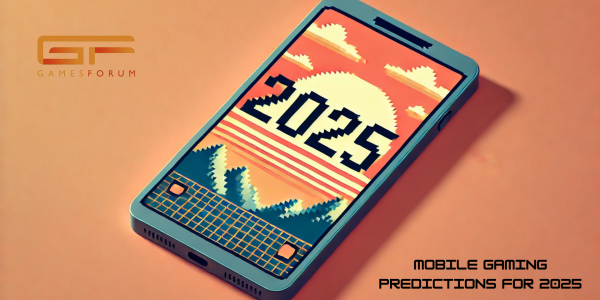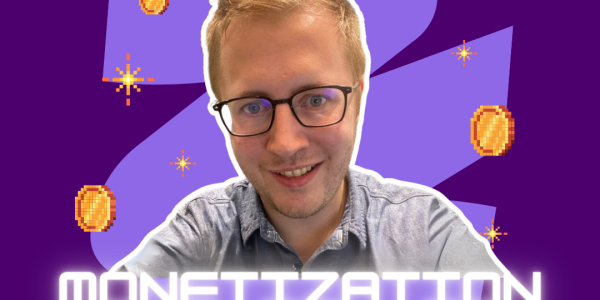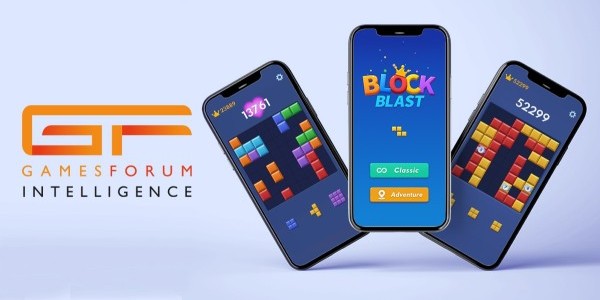Community Spotlight: Hyper Hq’s Founder Farhan Haq on How Alternate App Stores Are Empowering Developers

In this Community Spotlight we delve into the career of Farhan Haq, founder of HyperHQ, from his early days as a QA Tester at Electronic Arts to becoming a pioneer in user acquisition for mobile gaming. We explore his strategic focus on alternate app stores and Direct to Consumer channels, the role of AI in game development, the challenges of diverging from traditional app ecosystems, and the future potential of mobile gaming with emerging technologies like the metaverse and AR/VR.
Tell me a little bit about yourself and your journey into mobile gaming
My first job in gaming actually was back in 2005, when I was a QA Tester for Electronic Arts on the game Battlefield: Modern Combat. After that job and because I grew up on video games, I always wanted to enter gaming as a career. It was almost 10 years later, however, that I was able to return to gaming when I became a UA manager at Socialpoint in the amazing city of Barcelona in 2014. I have not looked back since then! After over a decade experience in UA for mobile games, I am now running a boutique UA consultancy for game developers and publishers, called HyperHQ.
What inspired you to focus on alternate app stores as a core aspect of HyperHQ's strategy, and how do you see their role evolving in the future of mobile gaming distribution?
Although we do UA strategy and execution for gaming and non gaming clients, I wanted us to specialise in a niche that is growing and where there is little performance marketing experience. This is why I decided that I wanted to focus on the area of Direct to Consumer (DTC), so I could help publishers build an offering that will help them take back control of their player base, by publishing outside just the traditional stores of Apple and Google.
This is a natural step in the market, as Apple and Google apply 30% fees to the publishers on IAPs, and with SKAN and Google’s Sandbox soon to come, tracking on performance marketing data is really limited, so it is normal publishers are looking to expand their scope somewhat.
With the mobile gaming industry rapidly growing, what untapped opportunities do you believe developers and growth consultants are overlooking today?
Well, firstly as we are on the topic of alternate stores and DTC - let’s talk about the opportunities:
- Publishing on browser - porting publishers games onto HTML5 and allowing players to access their favourite game on either web or mobile browser. This expands the cross device application of your games, and companies like PLEY and CrazyGames are specialising in helping publishers do just this. The cool thing here is the revenue share model is also much more favourable to the publisher.
- Alternate App Store download - There are many alternate stores out there nowadays for publishers to expand their reach, such as the Galaxy or Huawei store. Although most alternate stores will expand your reach as a publisher, the ones with scale do not tend to have a hugely different revenue share model as Apple or Google
- Direct to Consumer(DTC) APK (Android Package Kit) download - This is a way of totally avoiding any store, and taking advantage of the legal battle that EPIC games won against first Google and more recently Apple. Android users will be directed to a browser landing page, where they will get to download an APK file onto their phone. On this version of the game, publishers will have full control of player revenue and can implement any form of their own shop. (If you don’t have a web shop this can be done through external providers, i.e. Appcharge, Xsolla, etc). The key here is convincing the players to switch to this package, by implementing a unique offering of the game with additional cool content, on a “PRO” or “PLUS” version.
How do you feel about the increasing adoption of AI in mobile gaming for user acquisition and gameplay development—do you see it as an enhancement or a potential threat to creativity and authenticity?
AI in my opinion will always be something that can enhance what we do in the gaming business. It is something that we need to learn how to work with to help our output improve, both from the side of making games and selling them. Right now there is a big trend in using AI for marketing creatives, but I have seen few companies who are able to use the technology to actually provide a smart offering to date. Much more to come in this space!
What has been the biggest challenge for HyperHQ in convincing developers or publishers to step outside the traditional app store ecosystem, and how do you address these concerns?
Questions from publishers:
- Will Apple and Google disfavour me in the ranking or featuring algorithm? - Publishers have historically been scared of operating outside of the duopoly of Apple and Google, as they believe this will disfavour them in terms of featuring. After the aforementioned EPIC games and the legal cases they won against Google and Apple, it is not possible for the duopoly to get in your way of self publishing on alternate stores or without a store
- Will my UA costs be high, and can I retain users easily? - UA costs without a cool offering of your new and upgraded shiny app may well be high, but if you build in new levels/characters/weapons/upgrades, introduce new IAP/subscription packs, along with passing some of your savings back on to the player, you will have a powerful proposition for your DTC “PRO” or “PLUS” app. Also you can do push notifications as normal and app updates, when a user logs back into the app.
Given your role as a pioneer in alternate app store user acquisition, what do you think are the most significant misconceptions about this space, and how does HyperHQ work to change that narrative?
As mentioned above, the biggest misconceptions are the UA costs being high, particularly as the player needs to download an APK, and go through the “this file may be harmful” authorization on your android phone.
We work with developers to give them a sustainable product offering of the “PRO” / “PLUS” version of the app, and then help them optimize this offering, by A/B testing it via creatives and landing pages, to give the publishers the best possible route of moving their users to DTC and taking back control of their player base.
How do you foresee mobile gaming’s relationship with the metaverse or AR/VR ecosystems? Is HyperHQ planning to adapt its approach as these trends gain traction?
The metaverse is predicted to take off in 2025, especially as we just saw Bitcoin crossing $100k, but it is still unclear how or through which games. The same can be said for AR/VR, but we are seeing a lot more focus into VR, especially from indie studios, which is refreshing.
At Hyper HQ we are specialists in UA for gaming and other mobile applications, and we do have experience in crypto too. We are always looking to expand our offering to suit client needs and will do so when we see the demand for performance marketing in this area grow.
What are your top 3 predictions for mobile gaming in 2025 and beyond?
1. Direct to Consumer to take off across HTML5 port to browser gaming, alternate stores, with a potential rise of a large alternate store with lower IAP fees to emerge and publishers pushing their own DTC “PRO” or “PLUS” offering.
2. Rise of the rewarded networks - There has been a large wave of these, i.e. Mistplay and Adjoe over recent years, but we have seen many new competitors emerge of late. These are generally through some form of app, where users are rewarded with cash or prizes for completing certain conditions in other games. CPI costs tend to be higher for these platforms, but the player value is very high, so I see this area to continue to scale. I also predict these rewarded networks will move into the social messaging space, as that is where higher engagement and scale will be possible.
3. Metaverse, and/or VR will finally take off in 2025. I believe with the constant push of gaming in these regions, we will finally see a mega hit in either one of these spaces in 2025, which will cause a bigger pivot in the industry to double down / copycat on that success.

